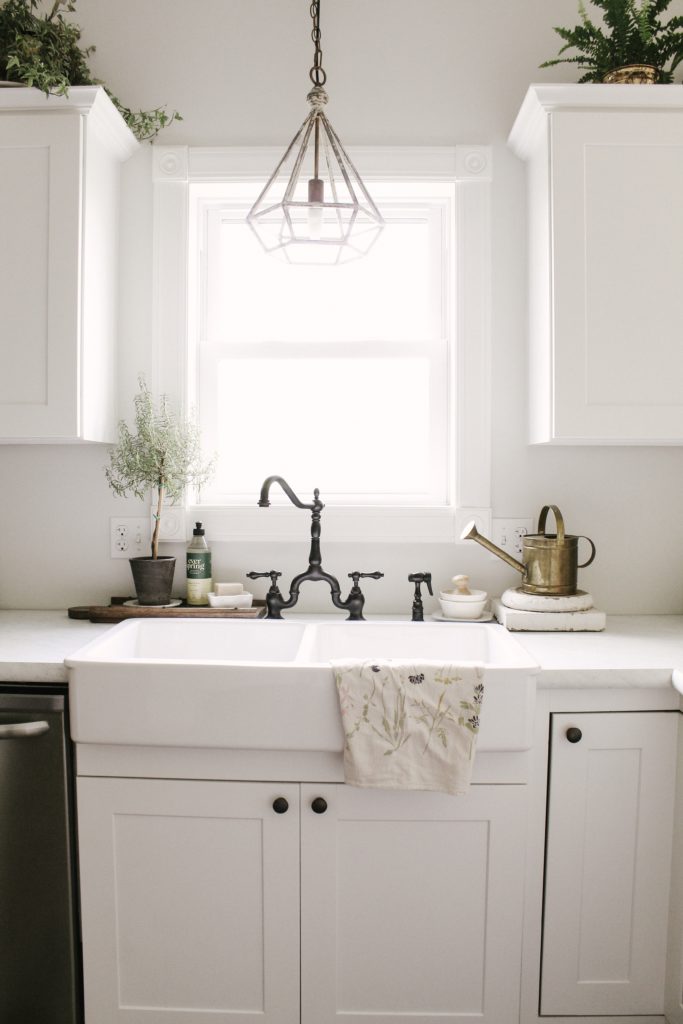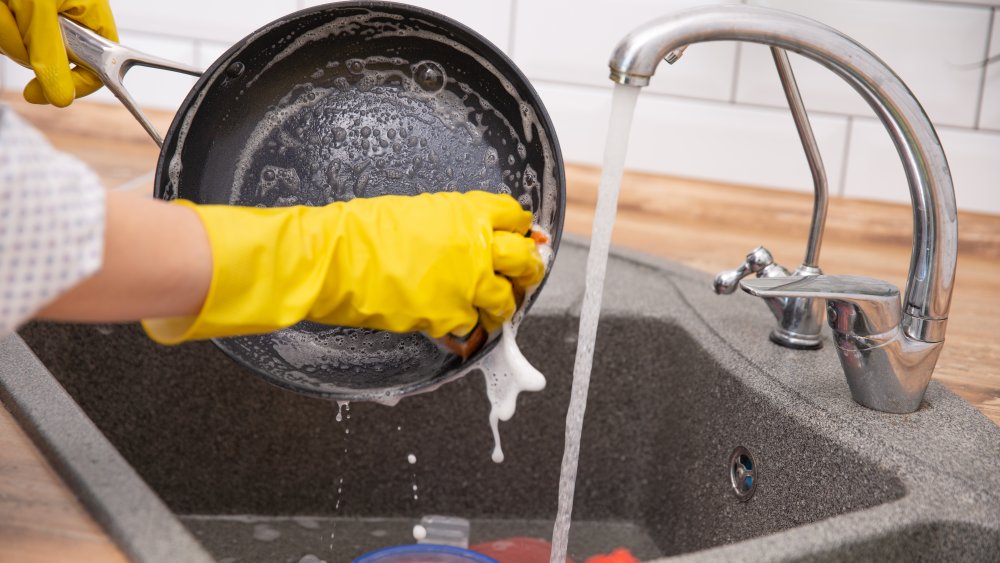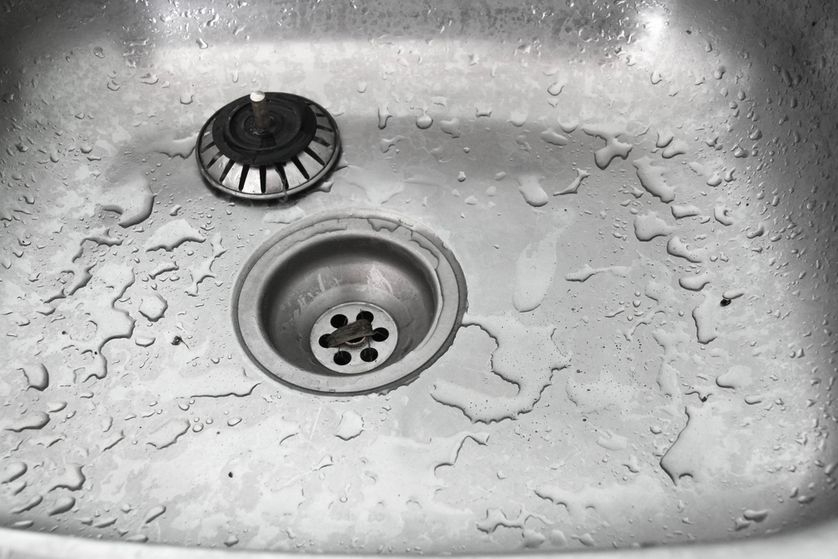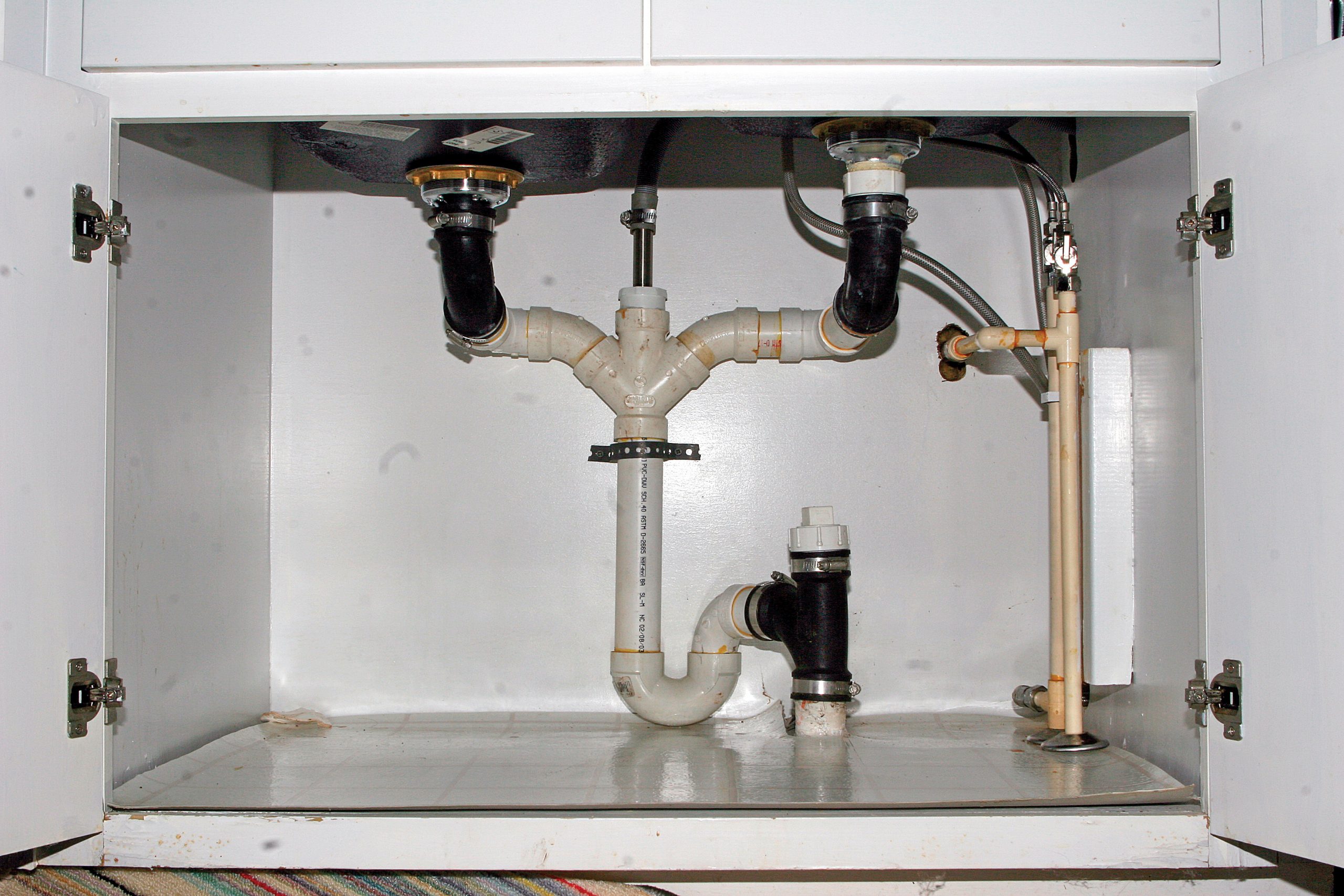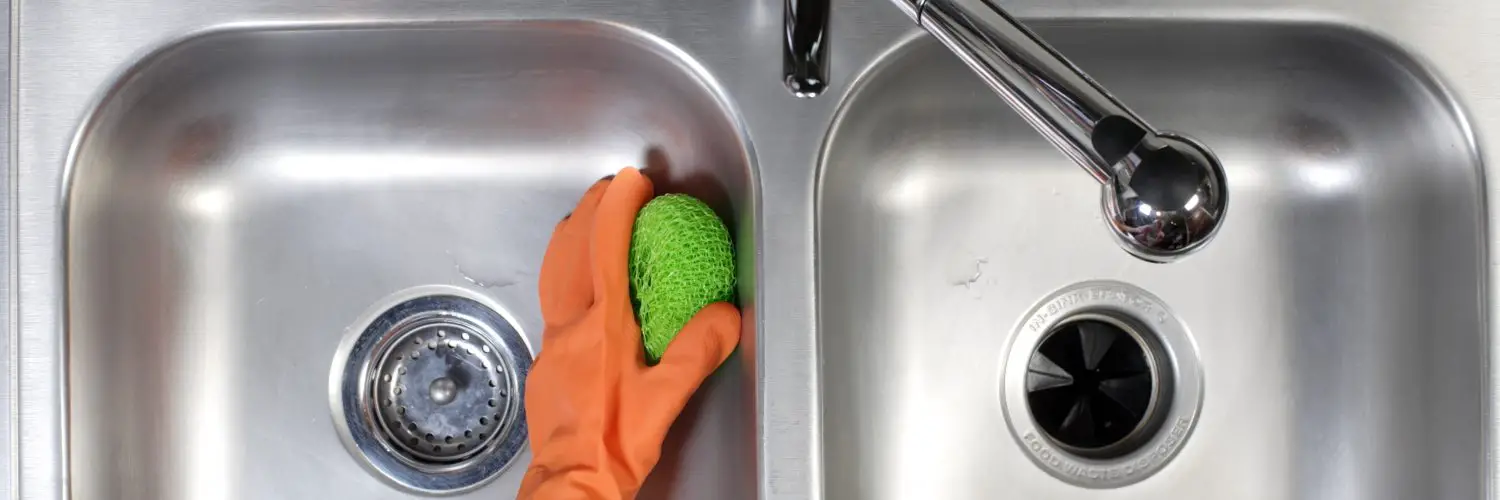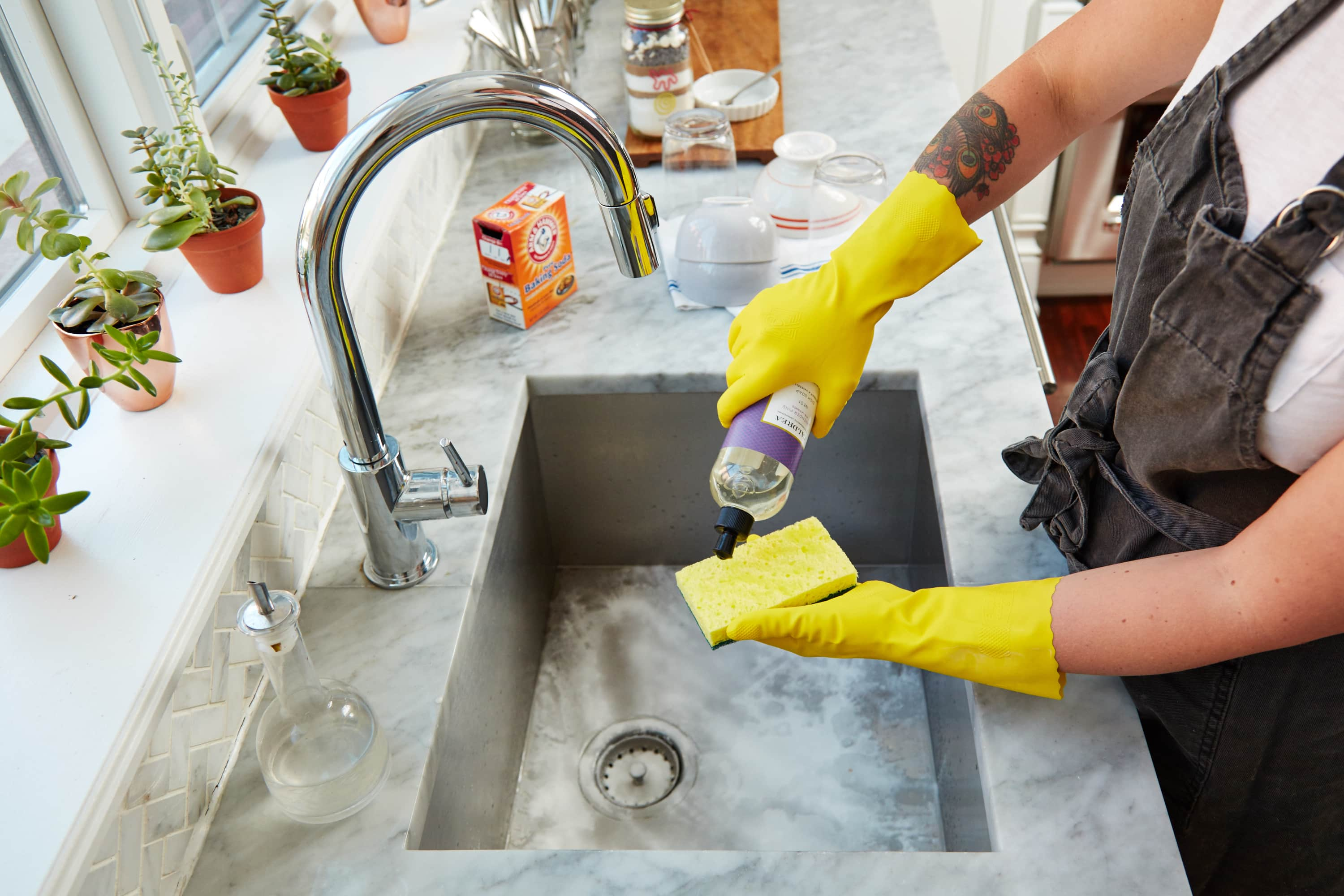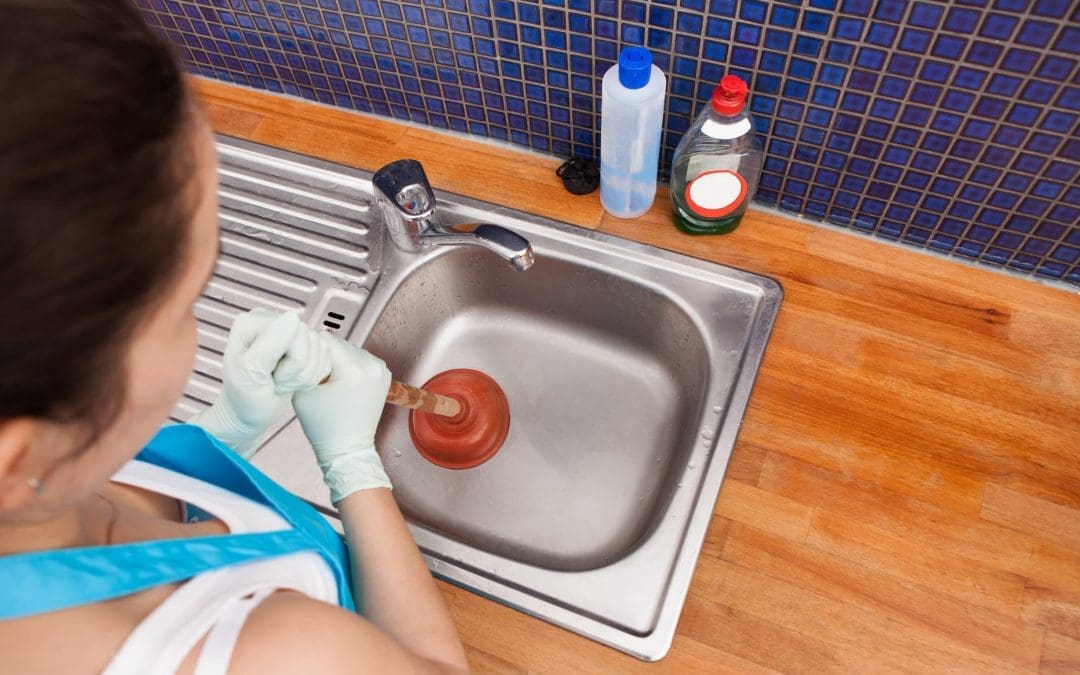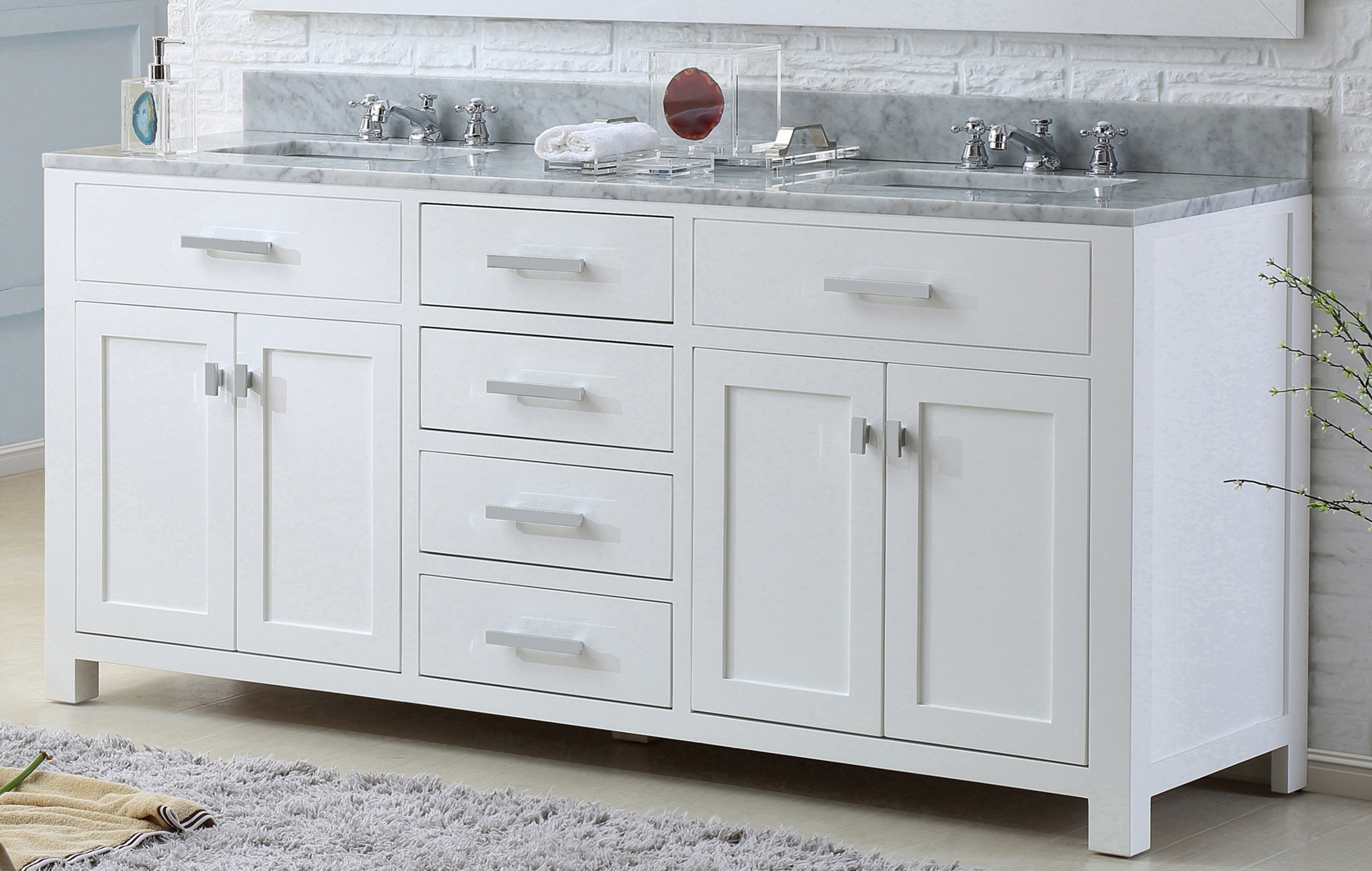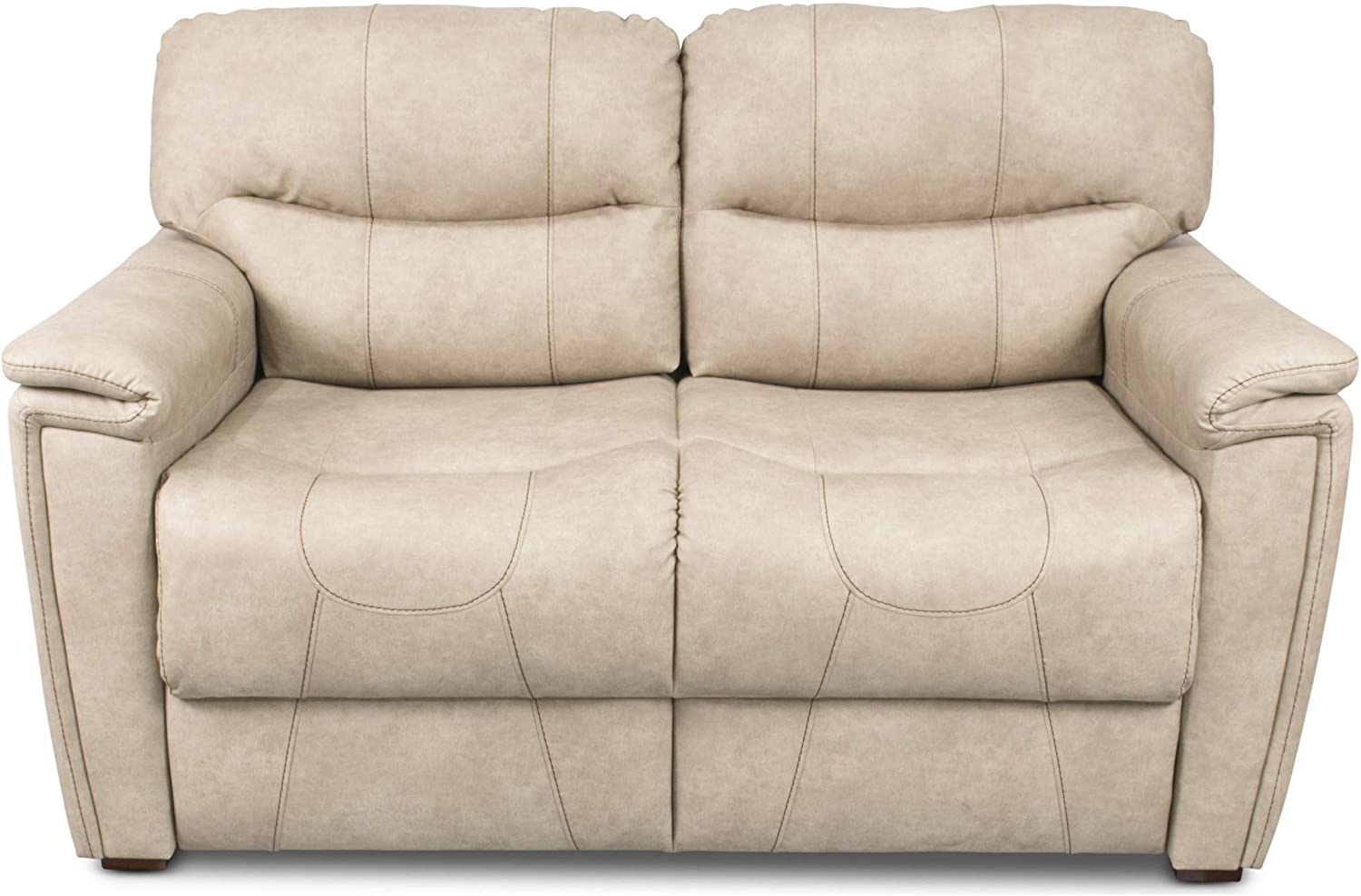How to Properly Use Your Kitchen Sink
Your kitchen sink is one of the most used and essential fixtures in your home. From washing dishes to filling up pots with water, it serves many purposes. However, not everyone knows how to properly use their kitchen sink, which can lead to various issues and problems. In this article, we will discuss the top 10 ways to ensure you are using your kitchen sink correctly and efficiently.
Proper Kitchen Sink Use: Tips and Tricks
Using your kitchen sink may seem like a simple task, but there are actually a few tips and tricks that can make a big difference in the long run. Firstly, avoid pouring grease or oil down the drain as it can solidify and cause clogs. Instead, dispose of it in a separate container and throw it in the trash. Additionally, be mindful of what you put in your garbage disposal, as certain foods can also cause clogs and damage to the blades.
The Dos and Don'ts of Kitchen Sink Use
When it comes to using your kitchen sink, there are certain dos and don'ts to keep in mind. Do run cold water while using the garbage disposal to help flush out any debris. Don't use hot water, as it can cause fats and oils to liquefy and potentially clog the pipes. Do regularly clean your sink with a mild soap and water, but don't use harsh chemicals as they can damage the surface and pipes.
Maximizing the Use of Your Kitchen Sink
If you want to get the most out of your kitchen sink, there are a few ways to maximize its use. One way is to invest in a sink strainer to catch any food particles and prevent them from clogging the drain. Another way is to use a dish rack to allow dishes to air dry, instead of letting them sit in the sink and potentially causing damage. You can also use your sink as a makeshift ice bucket for parties or gatherings.
Proper Maintenance for Your Kitchen Sink
To ensure your kitchen sink lasts for years to come, proper maintenance is crucial. Regularly checking for leaks and fixing them promptly can prevent water damage and mold growth. Scrubbing the sink with a mixture of baking soda and vinegar can also help keep it clean and free of germs. Additionally, avoid using harsh chemicals or abrasive cleaners, as they can damage the sink's surface and pipes.
Common Mistakes to Avoid When Using Your Kitchen Sink
Many people make the mistake of using their kitchen sink as a garbage disposal, throwing in everything from food scraps to coffee grounds. This can cause clogs and damage to the pipes. Another common mistake is using the sink to wash paintbrushes or other tools, which can also cause clogs and damage. It's essential to use your sink for its intended purpose only.
The Importance of Properly Using Your Kitchen Sink
Properly using your kitchen sink not only ensures its longevity but also helps maintain a clean and healthy home. Clogs and leaks can lead to costly repairs and potential health hazards. By following the tips and tricks mentioned above, you can avoid these issues and have a functioning kitchen sink for years to come.
Efficient Ways to Use Your Kitchen Sink
To save time and water, there are a few efficient ways to use your kitchen sink. One way is to scrape off excess food and debris from dishes before washing them, rather than rinsing each dish individually. You can also use a spray attachment on your faucet to conserve water while rinsing dishes. Another tip is to fill a pot with water before placing it on the stove, instead of filling it up using the faucet.
Proper Kitchen Sink Use for a Cleaner Home
A clean kitchen sink can make a big difference in the overall cleanliness of your home. To achieve this, it's essential to properly use your kitchen sink. This means avoiding throwing in food scraps, using a sink strainer, and regularly cleaning it with a mild soap and water. You can also use natural cleaning solutions, such as lemon and baking soda, for a chemical-free and fresh-smelling sink.
How to Avoid Clogs and Other Issues with Your Kitchen Sink
The best way to avoid clogs and other issues with your kitchen sink is to be mindful of what goes down the drain. Avoid pouring grease, oil, and coffee grounds down the drain, and use a sink strainer to catch food particles. You can also run hot water and dish soap down the drain once a week to help prevent buildup. If you do experience a clog, try using a plunger or a mixture of baking soda and vinegar to clear it before resorting to harsh chemicals.
In conclusion, proper kitchen sink use is essential for a functional and clean home. By following these tips and tricks, you can avoid common mistakes, maximize the use of your sink, and ensure its longevity. Remember to regularly clean and maintain your sink, and be mindful of what you put down the drain. Your kitchen sink will thank you for it!
The Importance of Proper Kitchen Sink Use

Why a Kitchen Sink is More Than Just a Sink
 When it comes to designing a house, the kitchen is often considered the heart of the home. It's where families gather, meals are prepared, and memories are made. And at the center of every kitchen is the kitchen sink. While it may seem like a simple fixture, the kitchen sink plays a crucial role in the overall functionality and design of a kitchen. That's why proper kitchen sink use is essential for any well-designed kitchen.
When it comes to designing a house, the kitchen is often considered the heart of the home. It's where families gather, meals are prepared, and memories are made. And at the center of every kitchen is the kitchen sink. While it may seem like a simple fixture, the kitchen sink plays a crucial role in the overall functionality and design of a kitchen. That's why proper kitchen sink use is essential for any well-designed kitchen.
The Functional Importance of a Kitchen Sink
 A kitchen sink is not just a place to wash dishes. It serves a variety of functions in the kitchen, from food prep to clean-up. That's why it's important to choose a sink that fits your needs and lifestyle. For example, if you love to cook and entertain, a large, deep sink with multiple compartments may be the best option. However, if you have a small kitchen, a compact, single-basin sink may be more practical.
Proper kitchen sink use also involves maintaining the sink and its surrounding area. This means regularly cleaning the sink to prevent bacteria build-up and keeping the area around the sink free from clutter. A clutter-free sink area not only looks more visually appealing but also allows for easier and more efficient use of the sink.
A kitchen sink is not just a place to wash dishes. It serves a variety of functions in the kitchen, from food prep to clean-up. That's why it's important to choose a sink that fits your needs and lifestyle. For example, if you love to cook and entertain, a large, deep sink with multiple compartments may be the best option. However, if you have a small kitchen, a compact, single-basin sink may be more practical.
Proper kitchen sink use also involves maintaining the sink and its surrounding area. This means regularly cleaning the sink to prevent bacteria build-up and keeping the area around the sink free from clutter. A clutter-free sink area not only looks more visually appealing but also allows for easier and more efficient use of the sink.
The Aesthetic Impact of a Kitchen Sink
 Aside from its functional purposes, a kitchen sink also has a significant impact on the overall design and aesthetic of a kitchen. The sink is often one of the first things people notice when they enter a kitchen, so it's important to choose a sink that complements the overall design of the space. For example, a sleek, stainless steel sink would fit well in a modern kitchen, while a farmhouse sink would be more fitting in a rustic or traditional kitchen.
Proper kitchen sink use also involves incorporating the sink into the overall design of the kitchen. This can be achieved by choosing a sink that matches the color and style of the countertops and cabinets, or by adding decorative elements such as a backsplash or faucet.
Aside from its functional purposes, a kitchen sink also has a significant impact on the overall design and aesthetic of a kitchen. The sink is often one of the first things people notice when they enter a kitchen, so it's important to choose a sink that complements the overall design of the space. For example, a sleek, stainless steel sink would fit well in a modern kitchen, while a farmhouse sink would be more fitting in a rustic or traditional kitchen.
Proper kitchen sink use also involves incorporating the sink into the overall design of the kitchen. This can be achieved by choosing a sink that matches the color and style of the countertops and cabinets, or by adding decorative elements such as a backsplash or faucet.
In Conclusion
 In conclusion, the kitchen sink is more than just a sink. It serves a variety of functions and has a significant impact on the overall design of a kitchen. That's why proper kitchen sink use is crucial for any well-designed kitchen. So when designing your dream kitchen, don't overlook the importance of choosing the right sink and keeping it clean and clutter-free.
In conclusion, the kitchen sink is more than just a sink. It serves a variety of functions and has a significant impact on the overall design of a kitchen. That's why proper kitchen sink use is crucial for any well-designed kitchen. So when designing your dream kitchen, don't overlook the importance of choosing the right sink and keeping it clean and clutter-free.






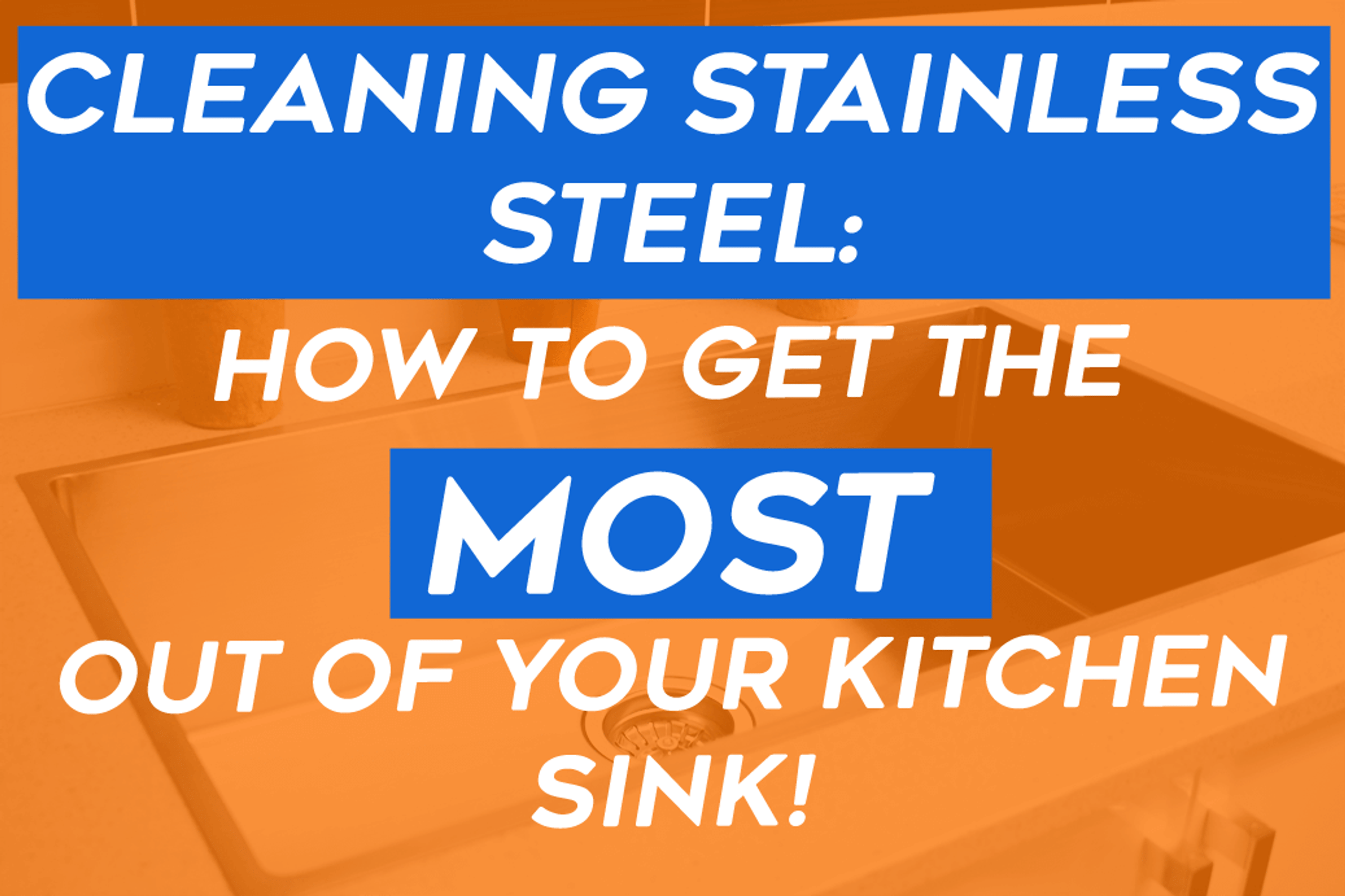


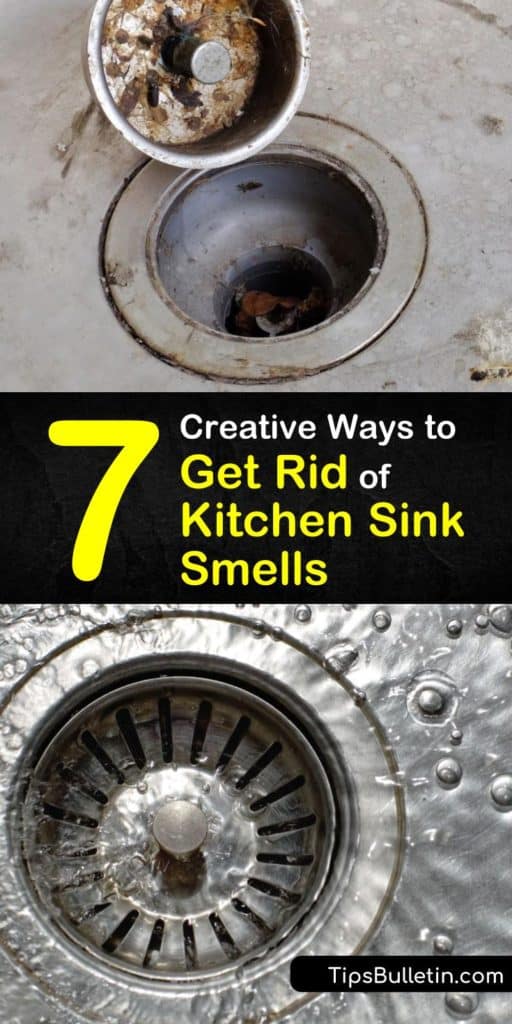
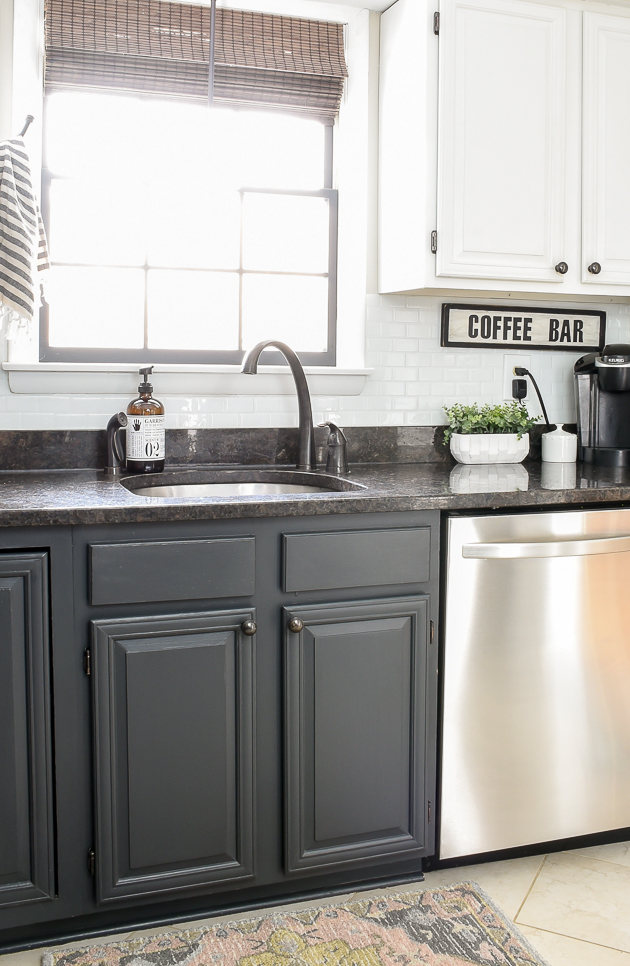


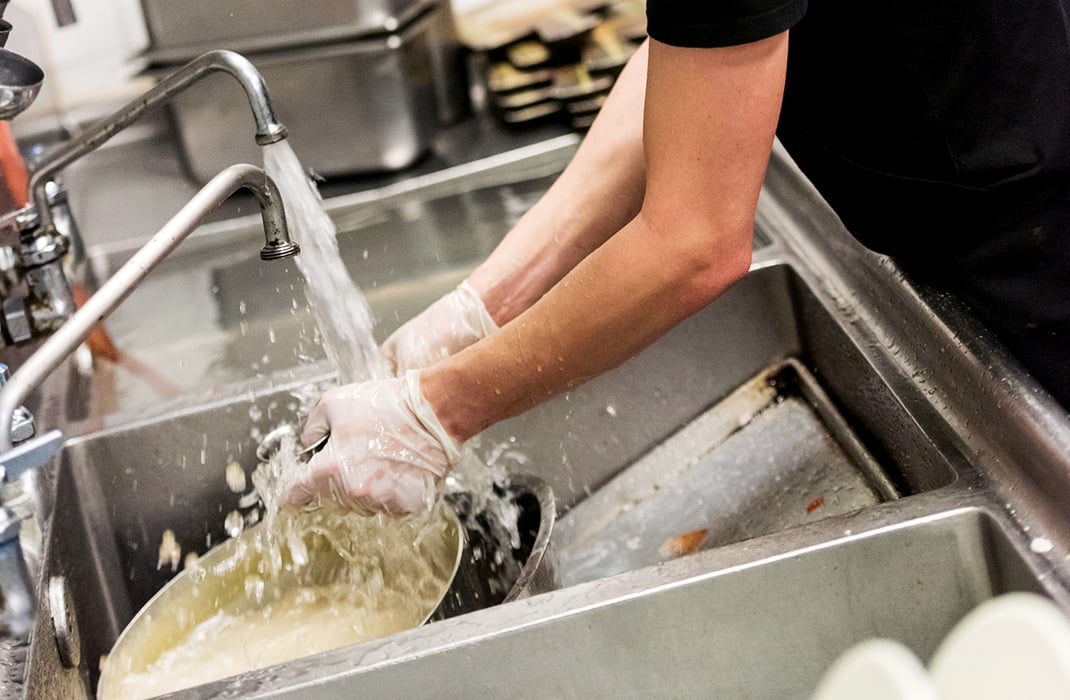



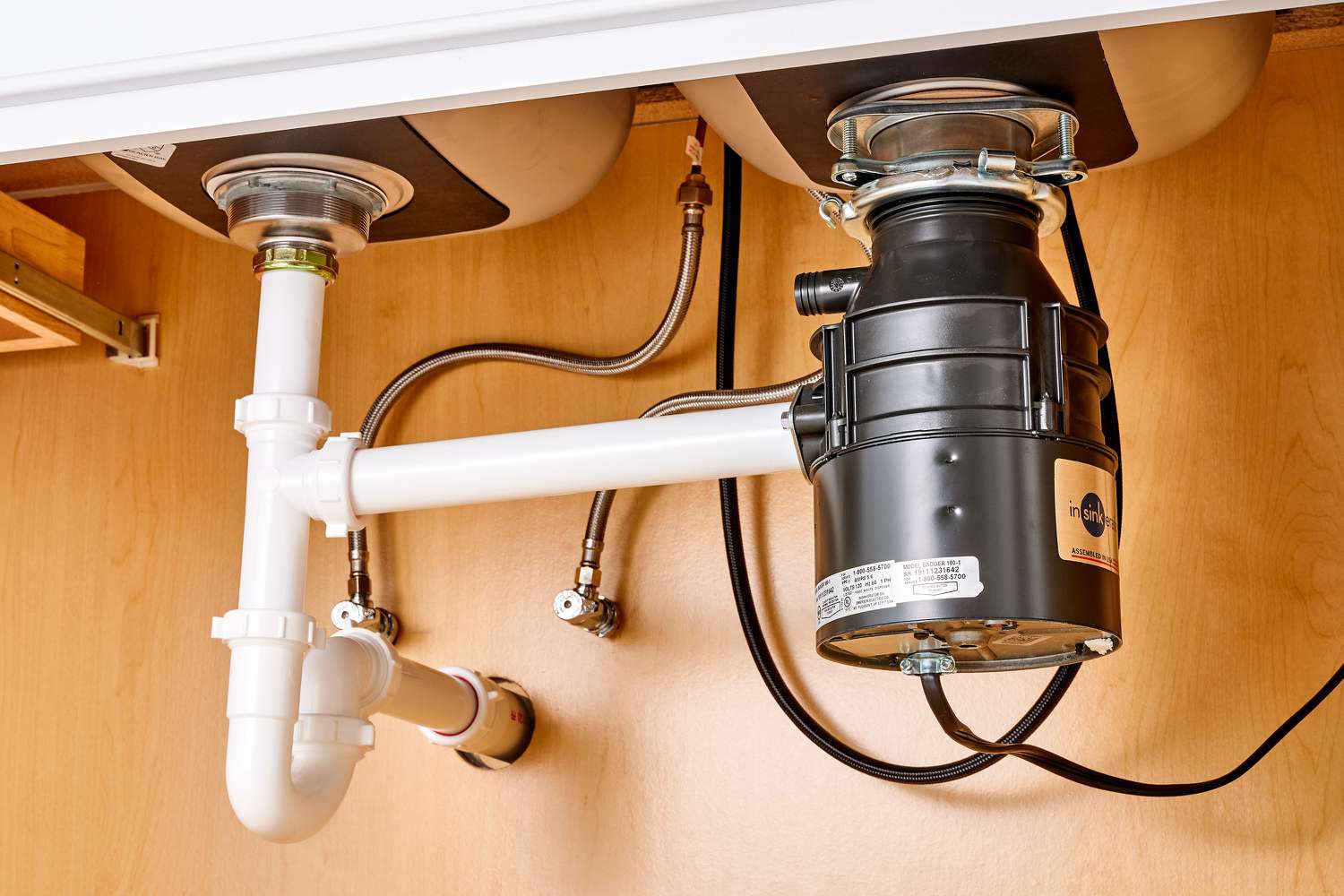


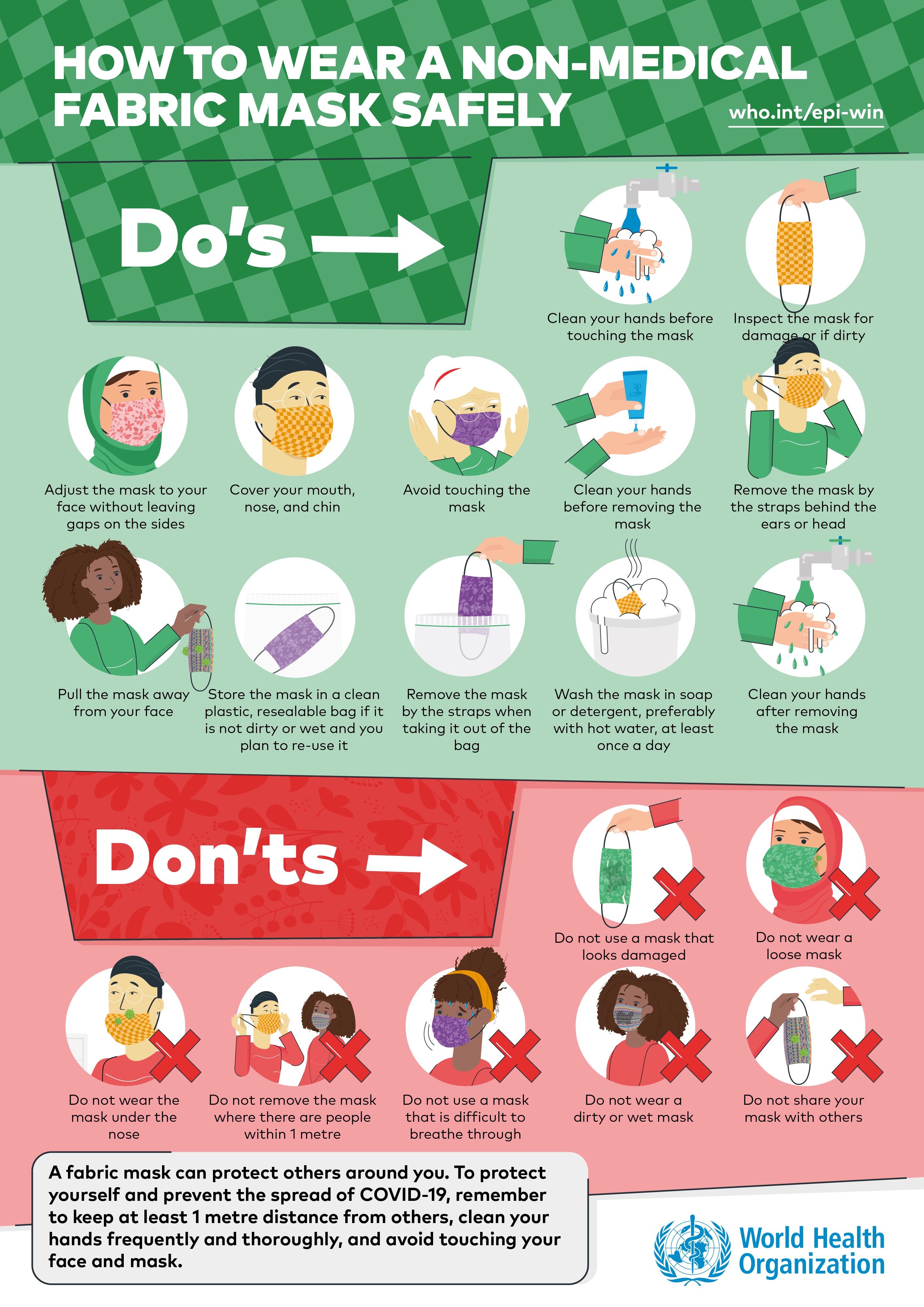






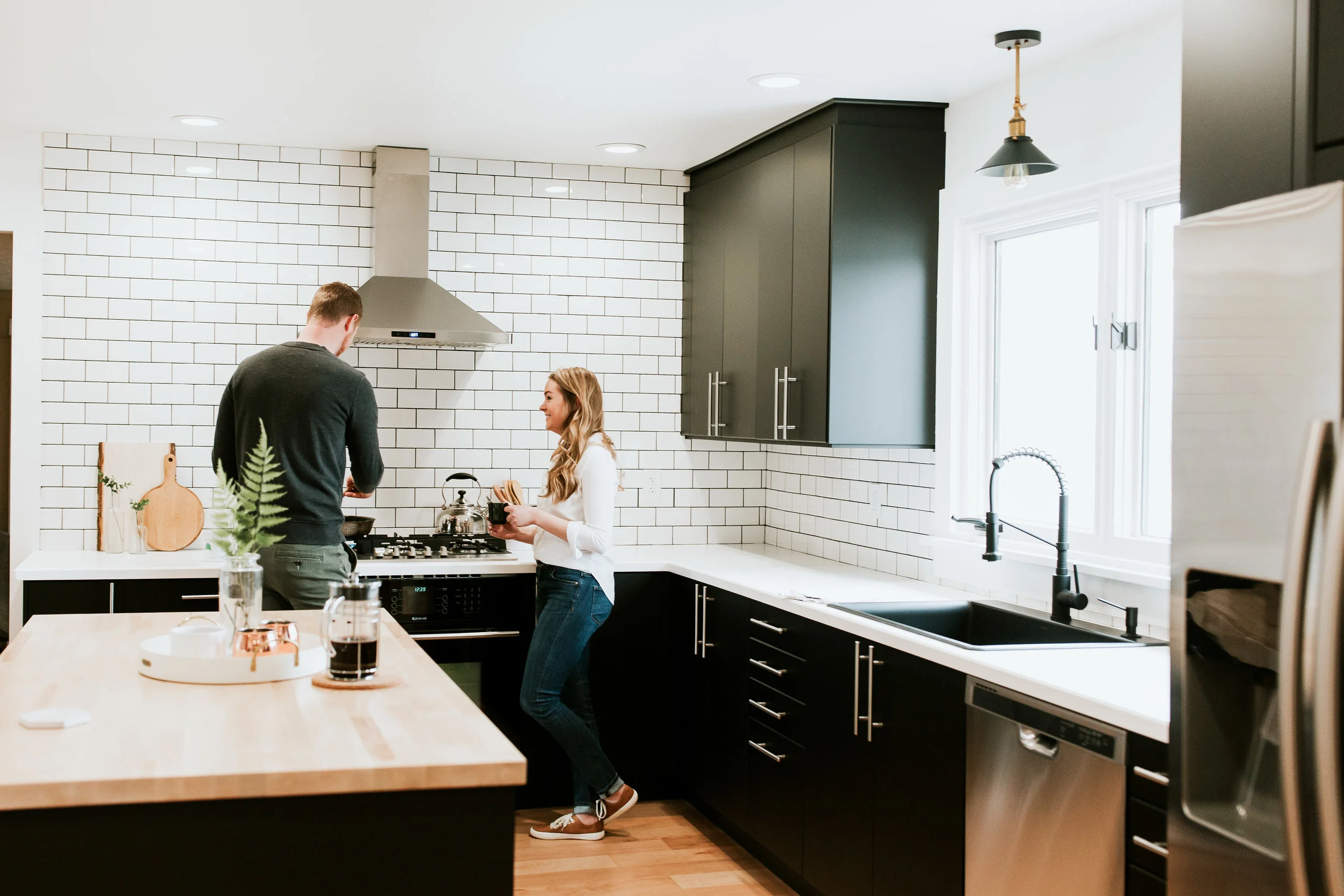




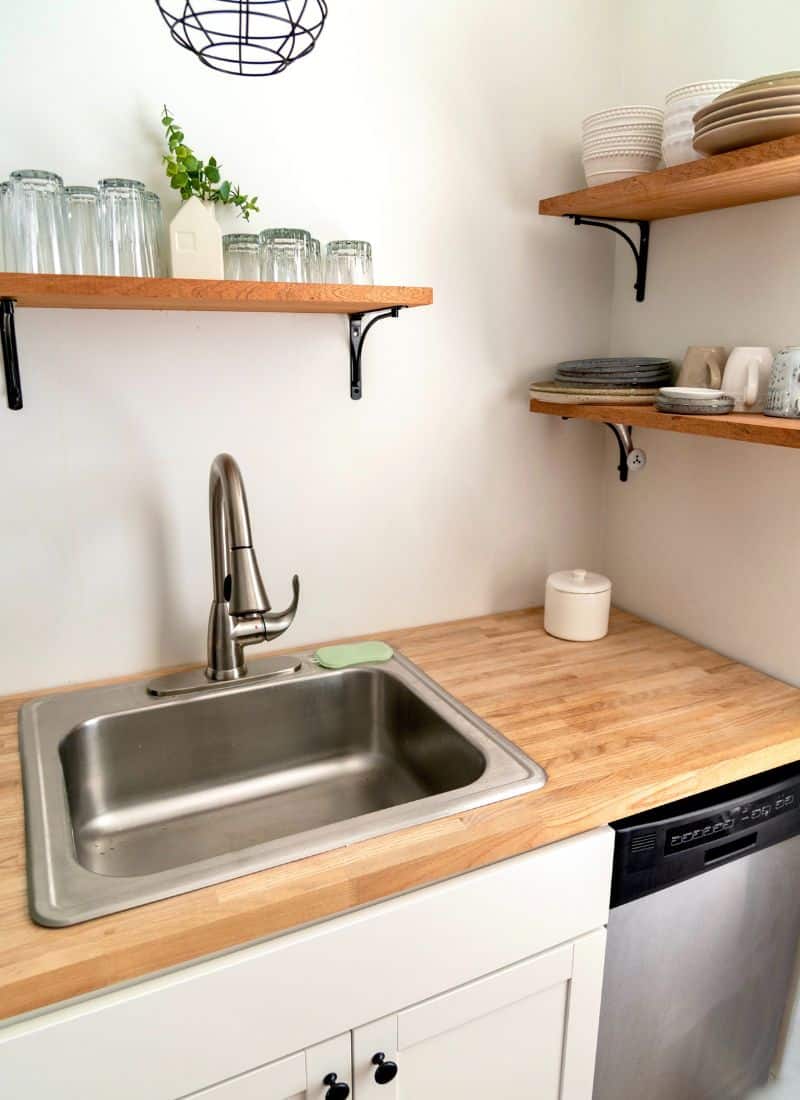
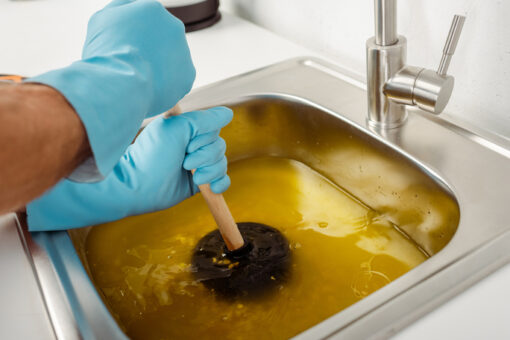






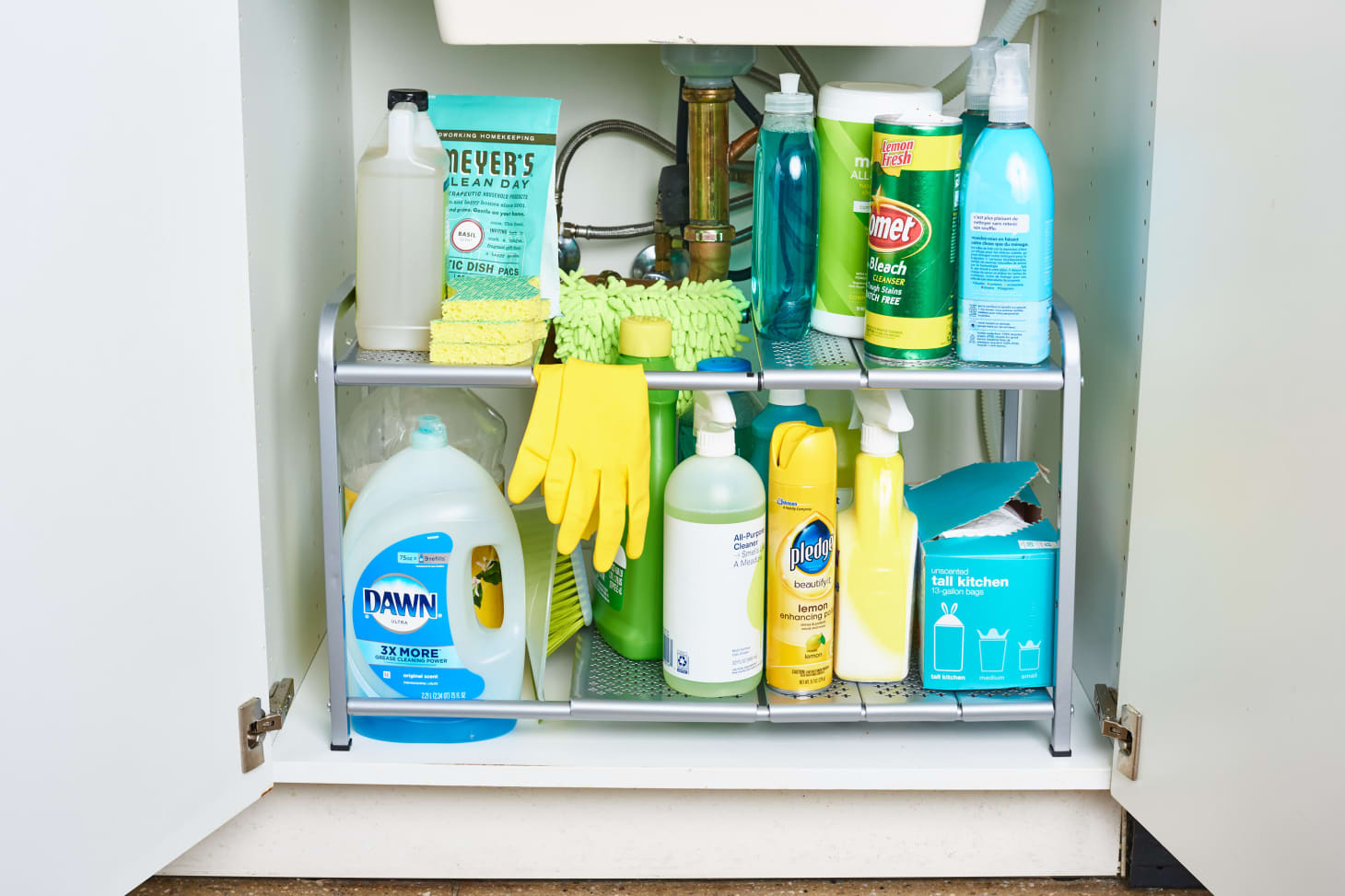
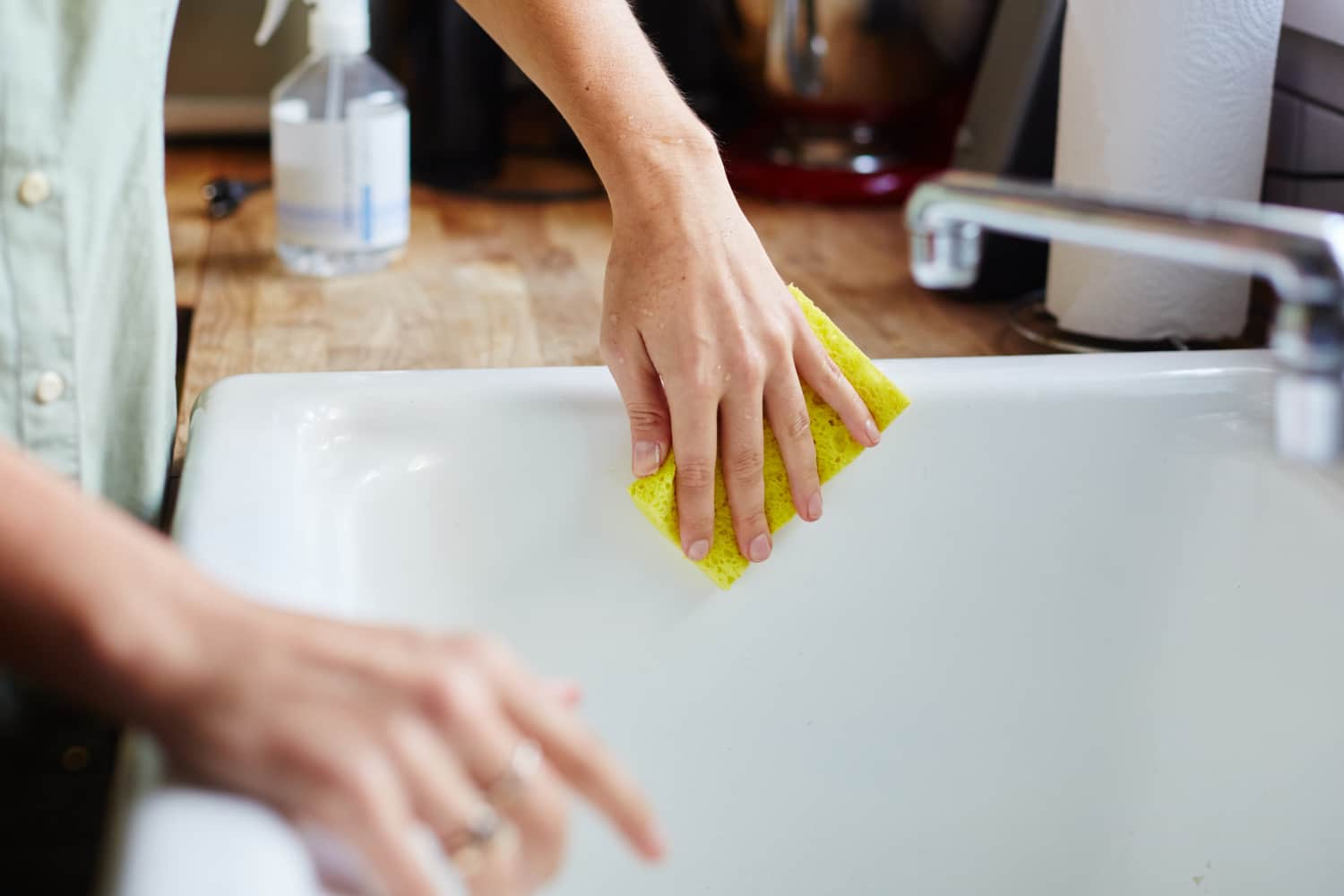
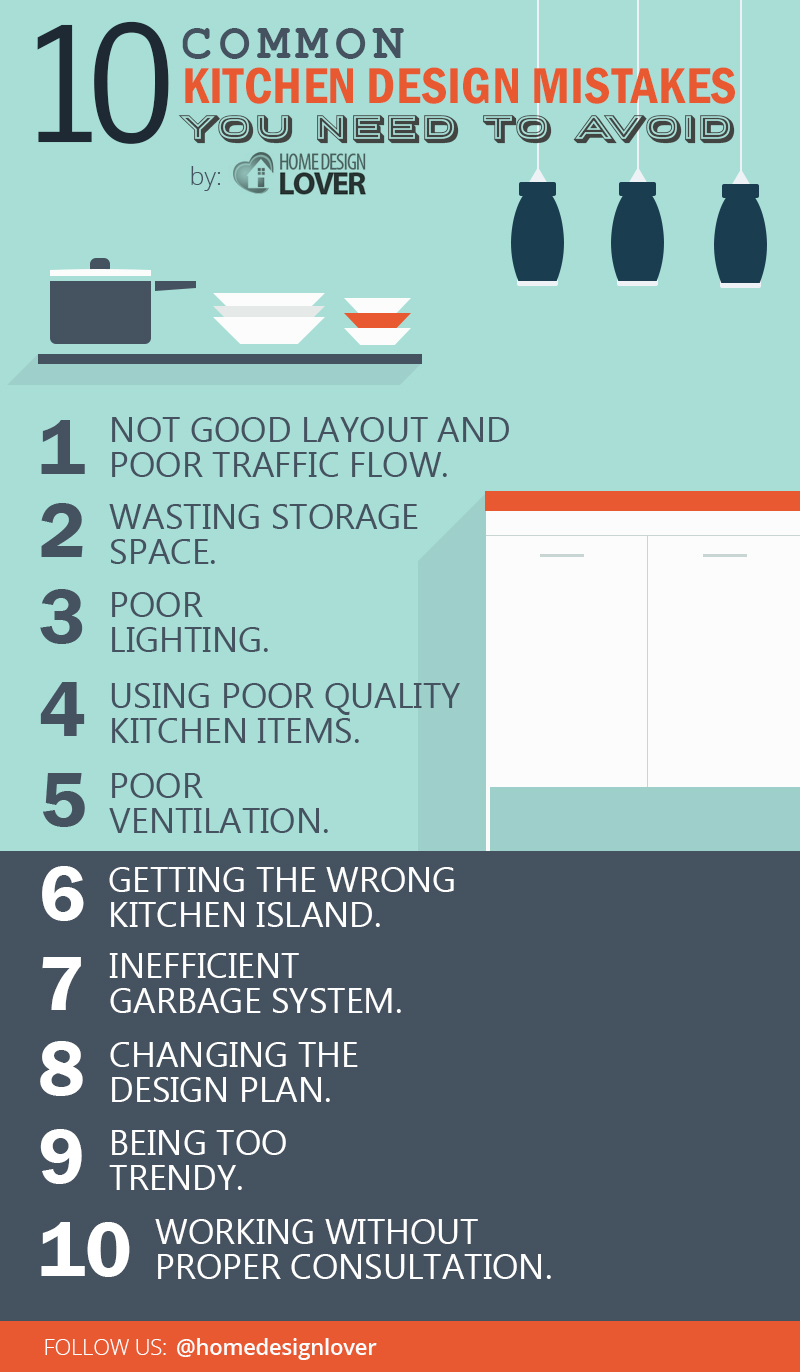










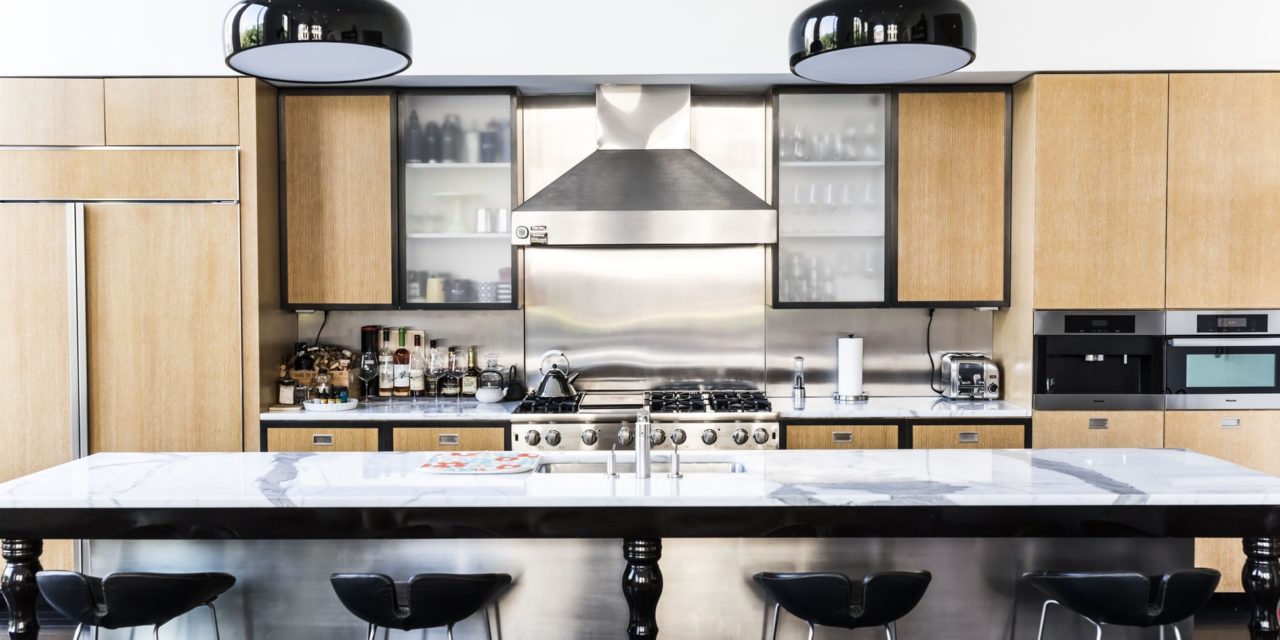
:max_bytes(150000):strip_icc()/HowtoProperlyWashHands_770729_Final_1-53dd333dbd5c4d4c82fea8d48c8ff3bd.png)
